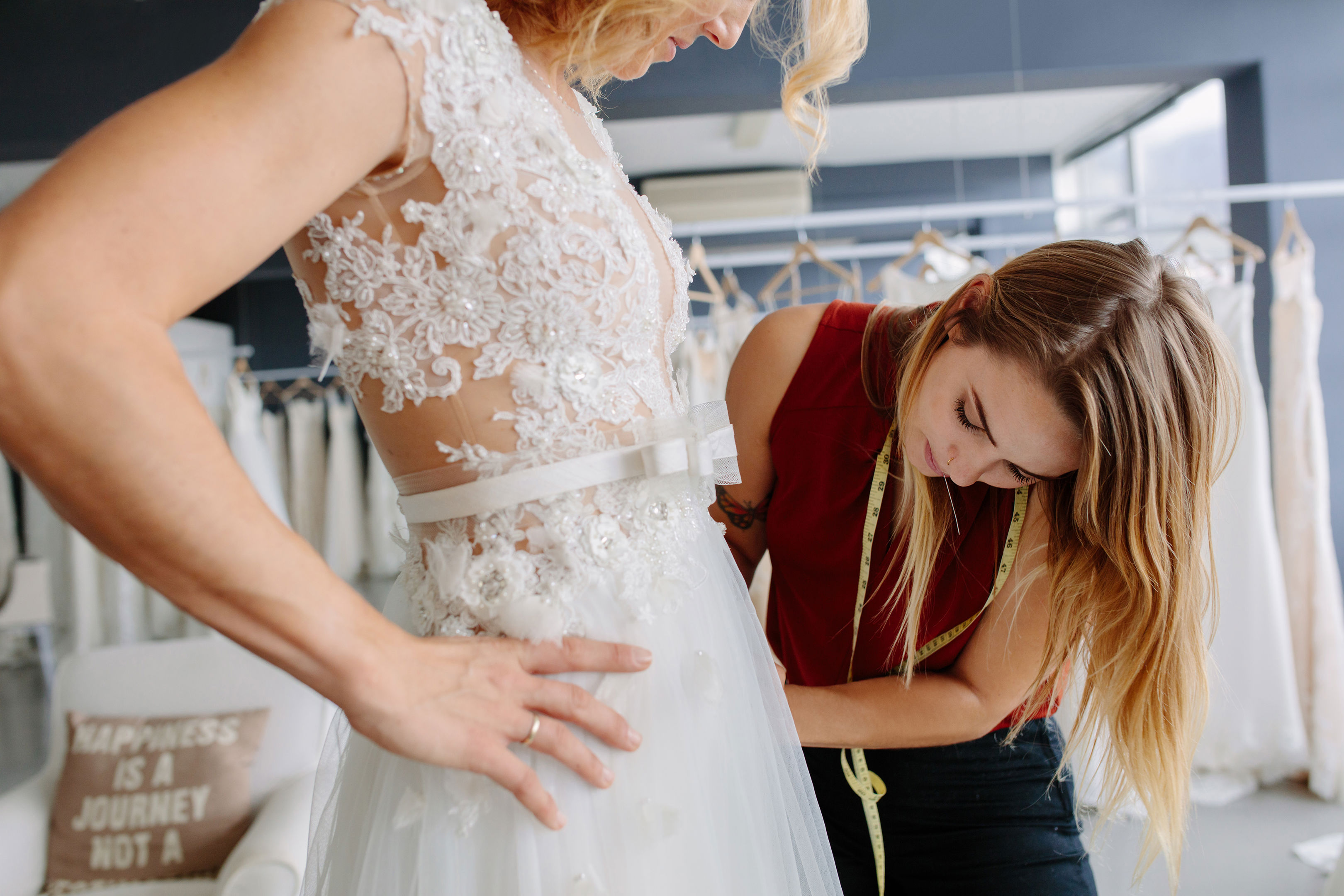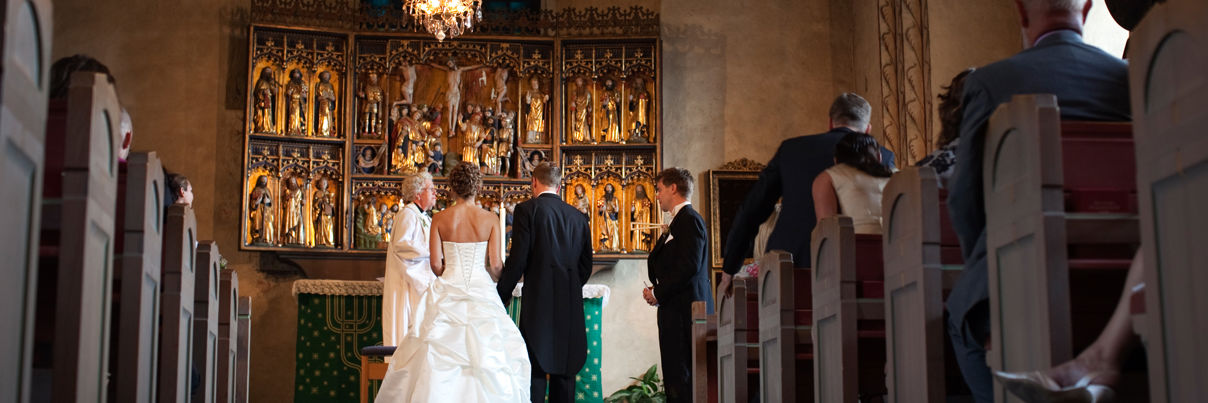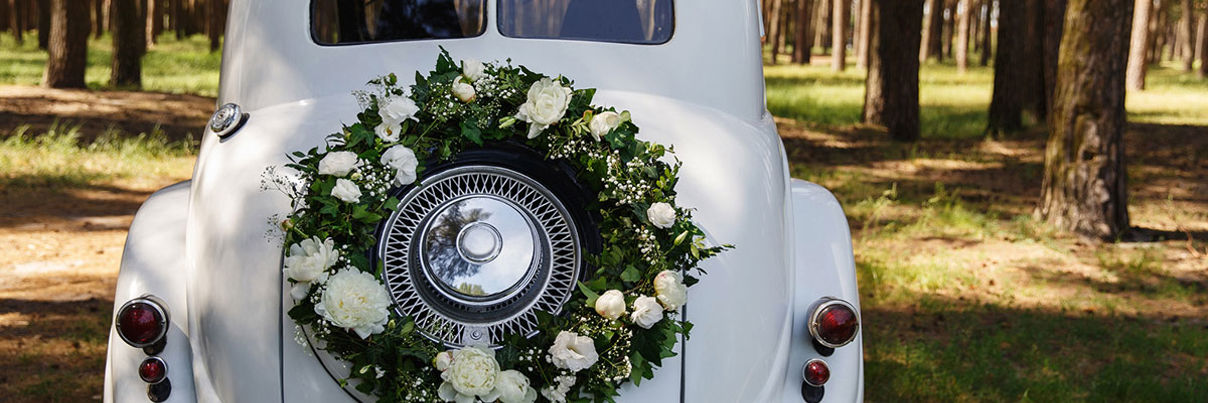
Back to Personal loans insights hub
Wedding loans insights
Help with planning for your big day.

Insights
The ultimate guide to financing your wedding
Getting married can be a costly affair when you start to add everything up. Our ultimate guide is the perfect place to find out not just the different types of costs you might be confronted with – but also the different options you could explore to help you pay for the big day.

Insights
Wedding Traditions From Across the UK
Why do we embrace British wedding traditions? From wedding cake to a wedding scramble, discover the origins of popular wedding traditions in the UK.